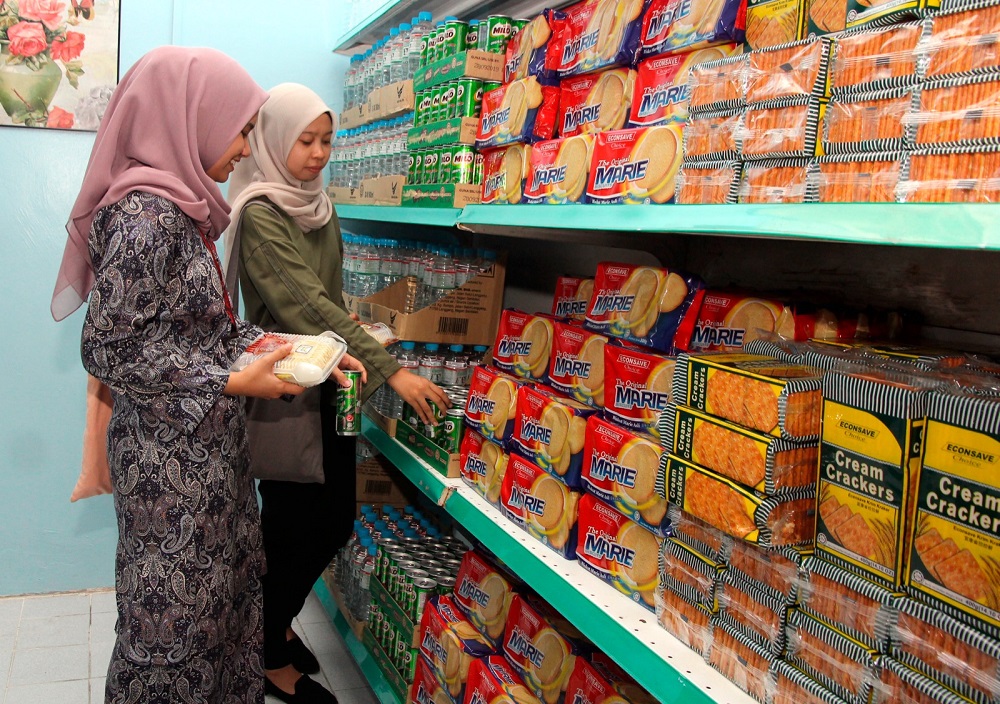KUALA LUMPUR, May 4 — The Food Bank Siswa programme held at several public universities has helped students from the low-income (B40) group or poor families to have access to food.
For Universiti Malaya (UM) law student, W. Rakaganesan, 22, he said this food programme was a good initiative to help students from poor backgrounds.
“This initiative is very helpful to those with financial difficulties. When faced with financial problems, students are also having difficulty to obtain food supply,” said Rakaganesan to Bernama recently.
Fazliana Kasim, 21, a land management student at UM, also shared the sentiment that the programme helped students a lot with their daily expenses.
“Alhamdulilah (Praise be to Allah) this programme help students with their daily expenses, otherwise, in we would spend up to RM10 a day for food,” she said.
Another UM’s law student Mohd Syahmi Shazli, 22, also felt that the Food Bank Siswa helped ease the burden of students from the B40 family who were taking up part-time jobs to cover their daily expenses.
“Many students are unable to take up part-time jobs due to time constraints. So this Food Bank initiative is very helpful,” he said.
The Food Bank Siswa programme was introduced following the success of the Food Bank Malaysia programme launched in August last year which benefited 45,850 households from the B40 group as of February this year.
Apart from UM, other universities involved in the programme are Universiti Teknologi Mara (UiTM) Permatang Pauh branch in Penang; Universiti Kebangsaan Malaysia (UKM) Medical Campus in Kuala Lumpur, Universiti Putra Malaysia (UPM) in Serdang, Universiti Teknologi Malaysia in Skudai, Johor and UniSZA in Terengganu.
The Food Bank Malaysia, introduced by the Ministry of Domestic Trade and Consumer Affairs, is aimed at controlling food surplus from the retail industry through the implementation of its corporate social responsibility programme, where unsold food surplus still safe for consumption to be distributed to the poor. — Bernama



















